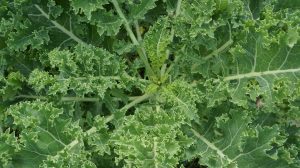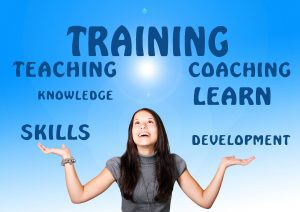 Mom always said, “Eat your vegetables!” Was she on to something? Apparently so, as certain vegetables may be not only be good for your eyes, but also good for your brain!
Mom always said, “Eat your vegetables!” Was she on to something? Apparently so, as certain vegetables may be not only be good for your eyes, but also good for your brain!
Have you ever said, “I wish I knew then, what I know now?” Wisdom comes with age–at least that is the hope. And that aging wisdom is related to a type of intelligence that uses the knowledge and experience we pick up over the years. It is called, “crystallized intelligence,” a type of intelligence that comes with maturity and one that is measured on standardized tests. If you have ever played Trivial Pursuit and done well, it is probably due to your crystallized intelligence. It involves your declarative memory of people, places and things.
Researcher Elizabeth Johnson, Ph.D., a scientist in the Antioxidants Laboratory at Tufts University, thinks this type of intelligence may be,in part, preserved by what you eat. One of those brain power foods has been showing up in everything from smoothies to chips. Kale, a green leafy vegetable accumulates in the brain and appears to provide a neuroprotective role. It contains a plant pigment called lutein. Lutein is found in cruciferous vegetables like broccoli, spinach, collards, and in egg yolks and other dark green leafy foods.
We already know that lutein is good for your eyes. It lessens the risk for age-related macular degeneration, Now, we think lutein may also be connected to brain health. In one study that assessed makers of cognitive measures like language, learning and memory, it was that found that having a lutein-rich brain was associated with better brain health.
Currently, there are no dietary recommendations for lutein, but most Americans probably do not get the 6 mg a day needed to lower the risk of eye problems and possibly protect the brain. So next time you are in the grocery store, grab several servings of green! Add a spinach salad, kale to a shake or grill broccoli for your next side dish.
Mom was right! Eating our vegetables is good for our bodies, particular our eyes and brain!


